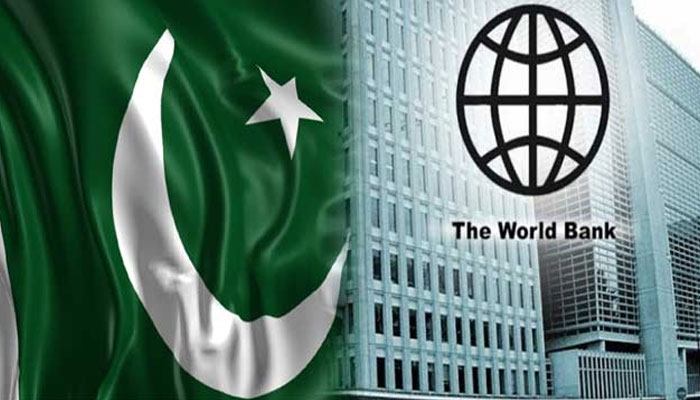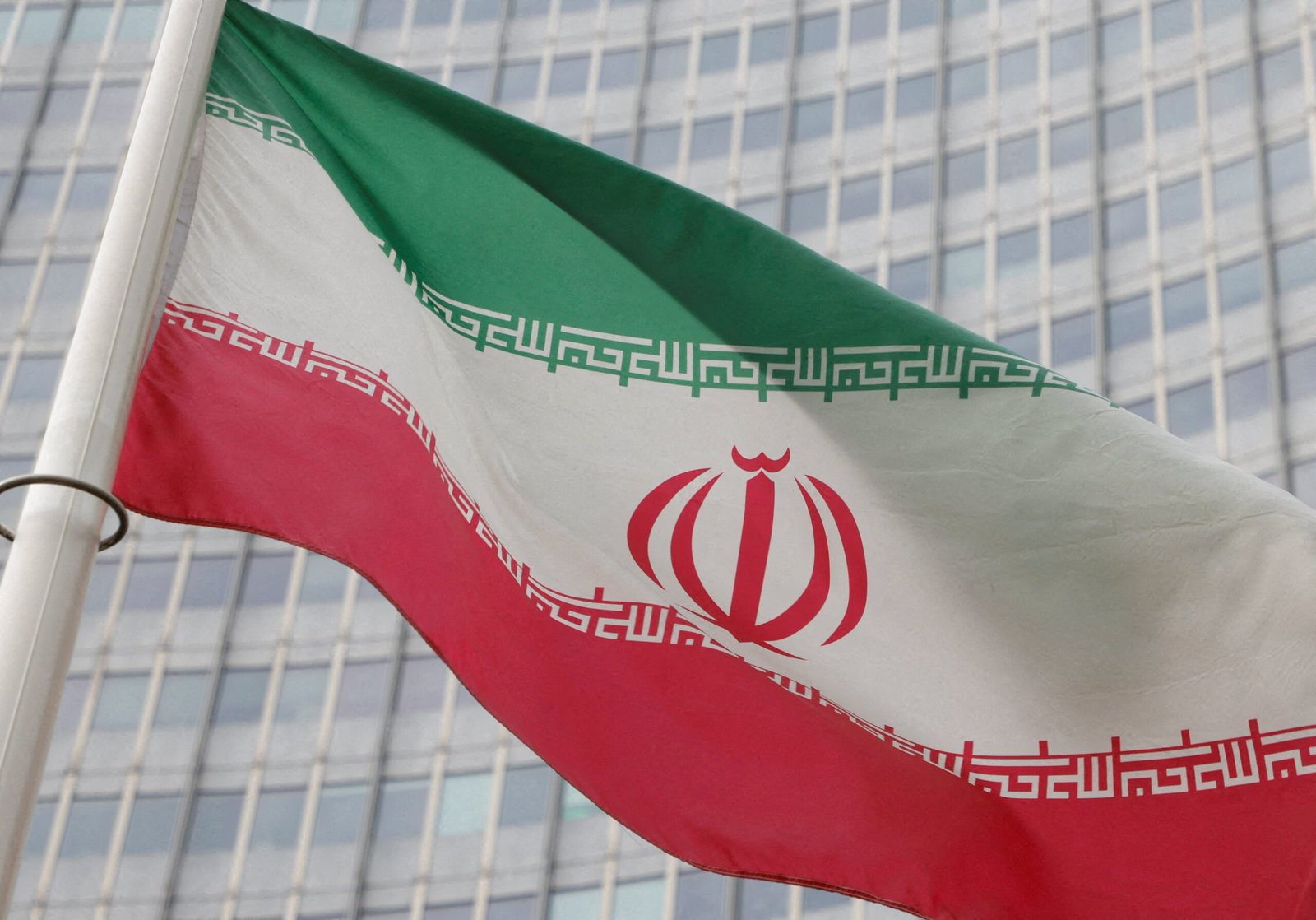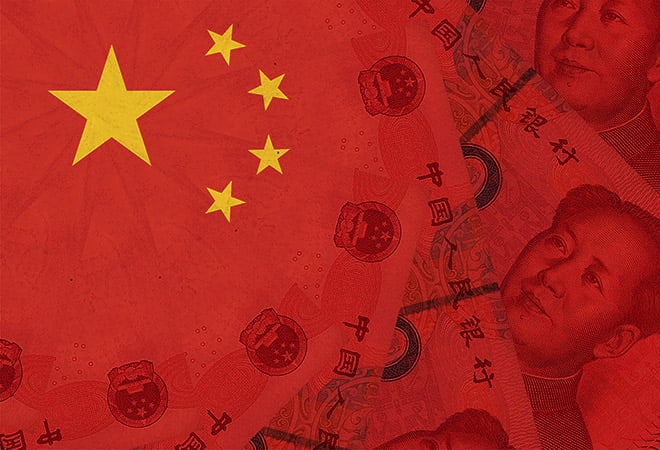The World Bank anticipates that Pakistan’s economic activity will continue to recover, with real GDP growth projected at 2.8% in the fiscal year 2025, up from the previous estimate of 2.3%. These projections were outlined in a report titled ‘Pakistan Development Update: The Dynamics of Power Sector Distribution Reforms’ by the World Bank.
The improved GDP growth is attributed to the lifting of import restrictions, a reduction in domestic supply chain disruptions, and lower inflation, which are expected to benefit the economy. The World Bank also forecasts an enhancement in business confidence due to credit rating upgrades and reduced political uncertainty.
Furthermore, the report projects a 2.4% average growth rate in Pakistan’s agriculture sector over the fiscal years 2025 to 2026. The absence of import controls is expected to improve the availability of farm inputs, contributing to the sector’s recovery in the medium term.
Additionally, the World Bank expects the services sector to grow by an average of 3.2% over FY25–26, driven by the recovery of sub-sectors such as wholesale and retail trade, and transport and storage. However, the report notes that output growth is expected to remain below potential at 3.2% in FY26 due to tight macroeconomic policy, elevated inflation, and policy uncertainty.
The World Bank also forecasts a slowdown in consumer price inflation, expecting it to average 11.1% in FY25 and further decrease to 9% in FY26. However, the report notes that inflation will remain elevated in the short term due to factors such as higher domestic energy prices and new taxation measures.
Regarding Pakistan’s external front, the report forecasts a low current account deficit of 0.6% of GDP in FY25, which is expected to increase slightly to 0.7% in FY26 as domestic demand continues to recover.
The report also highlights that despite fiscal consolidation efforts, the overall fiscal deficit is expected to remain high due to increasing interest payments.
While the report outlines positive projections, it also warns of high downside risks for Pakistan’s economy. The World Bank emphasizes the importance of urgent power sector reforms to address growing fiscal costs and risks.
The report’s Special Focus section emphasizes the challenges in Pakistan’s power sector, including operational inefficiencies, high distribution losses, and low collection rates. It suggests that private sector participation in the distribution sector could lead to improved management, increased efficiency, and new investment, contingent on a conducive policy and regulatory environment.
















